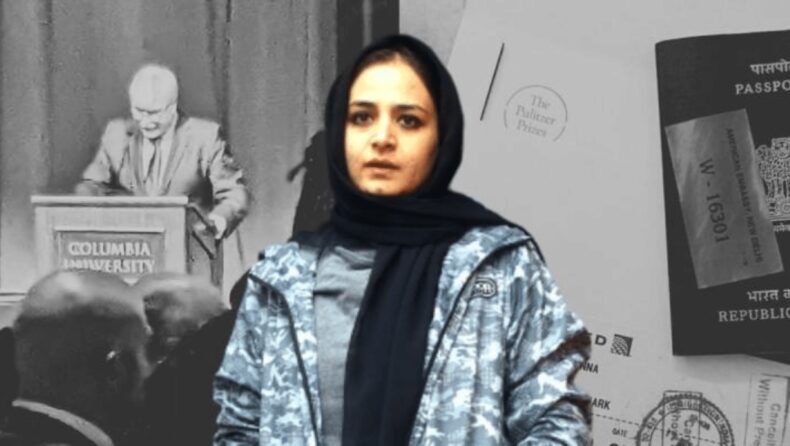The journalist from Kashmir was barred from travelling to the US to collect the esteemed Pulitzer Prize.
Sanna Irshad Mattoo was stopped at the Indira Gandhi International Airport in New Delhi, where she was barred from boarding the flight, despite having valid documents.
“The immigration officials stopped me at the New Delhi airport while my colleagues were allowed to go.They told me that I cannot take the flight but did not tell me the reason behind it.”
Mattoo explained after she was barred from boarding the flight
Sanna Irshad Mattoo’s travel ban and rising discrimination against Kashmir journalists
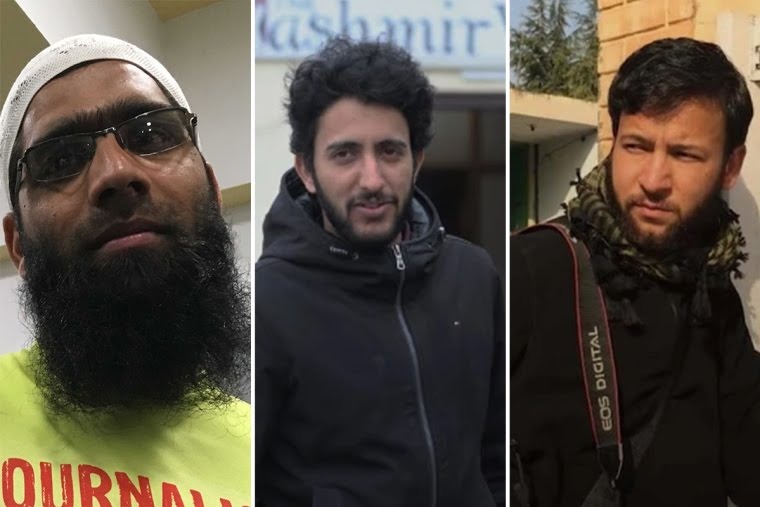
Sanna Irshad Mattoo, a journalist from Kashmir who was denied permission to travel to the U. S. to receive her Pulitzer Prize by Indian officials, told Al Jazeera that she is “heartbroken.” The photographer’s attempt to leave the country was denied for the second time in less than 6 months.
The photojournalist, who is 28 years old, was among four Reuters journalists who received the Pulitzer Prize for their reporting on the COVID-19 outbreak.Along with Ms. Mattoo, other Reuters journalists who won the award were the late Danish Siddiqui, Adnan Abidi, and Amit Dave.
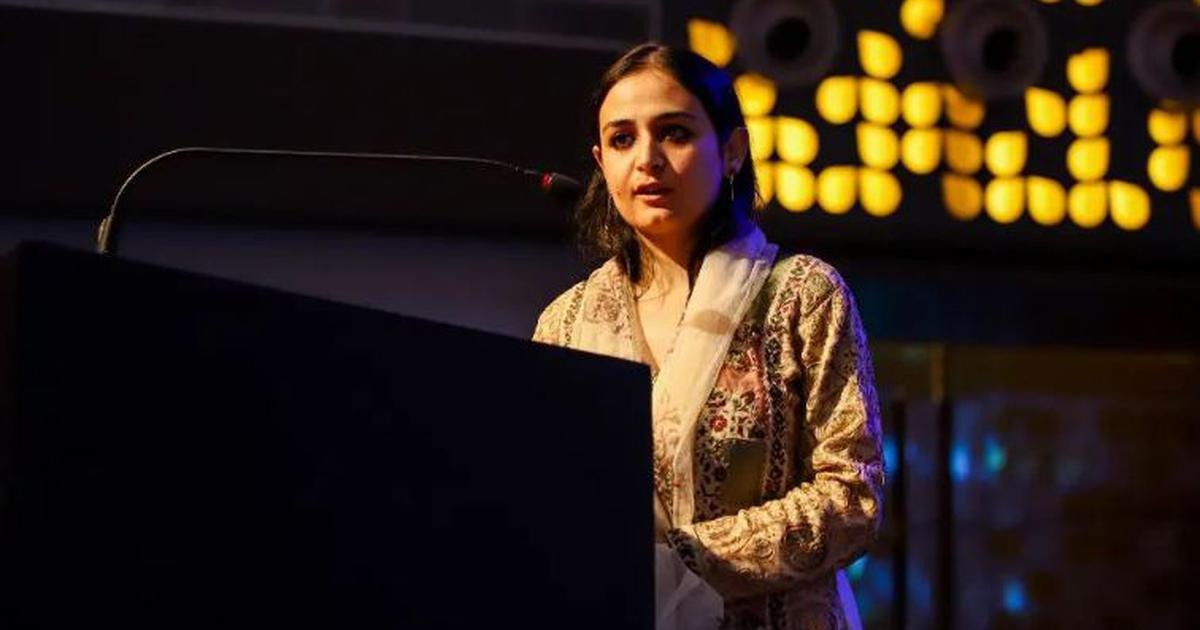
Sanna Irshad Mattoo, the Kashmiri award winner’s exclusion from the event, has been described by John Daniszewski, current co-chair of the 2022 term of the Pulitzer Prizes, as being “very discriminatory.”
“This is petty, highly discriminatory […] and emblematic of the challenges journalists face around the world.”
John Daniszewski during Pulitzer Prize Ceremony
She was stopped similarly in July on her trip to Paris to attend a book launch and photo exhibition.
She is among several Kashmiri reporters and activists who were reportedly denied permission to leave the nation because they covered the decades-long war throughout the Himalayan region.
“Authorities have given no official explanation for why Mattoo has been barred from travelling abroad – but this repression is in line with a crackdown by Indian authorities on journalists and civil society in Kashmir.”
The Human Rights Watch
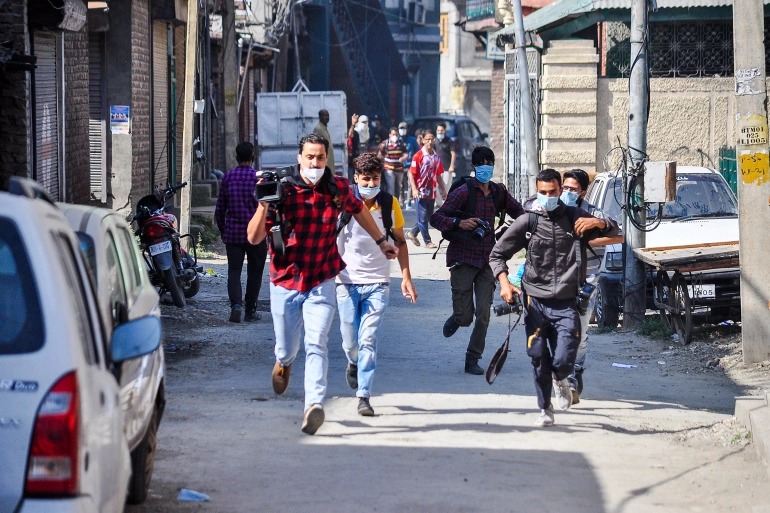
Foreign journalists have been subject to limitations for reporting on Kashmir, and local journalists based there claim they have received pressure to tamp down their coverage.
Diminishing press freedom in India and the plight of Kashmiris
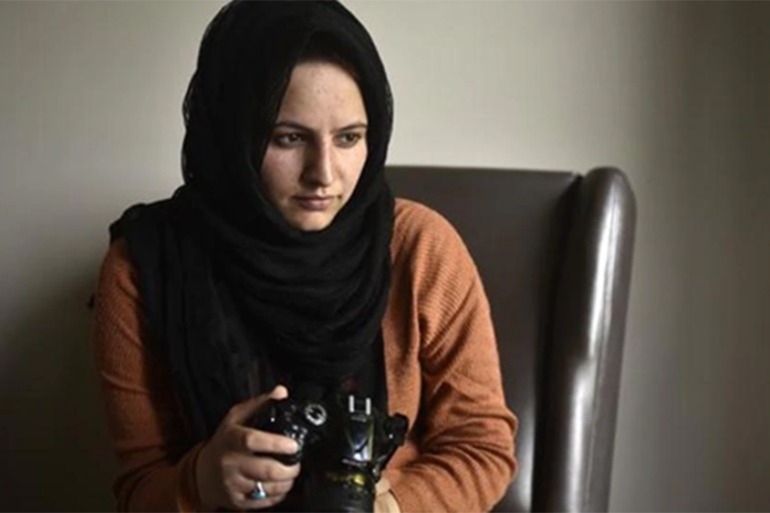
Following the elimination of the region’s special status in 2019, India’s Hindu nationalist ruling party has ramped up and escalated its persecution of journalists and activists. The local population’s democratic rights are constrained as a result of the region’s legislature still being suspended and being directly administered from New Delhi.
Ever since the decree, Indian authorities have also enforced an unprecedented lockdown on the area, blocking off all communication channels, imposing travel bans in place, and confining well-known Kashmiri leaders under house arrest.
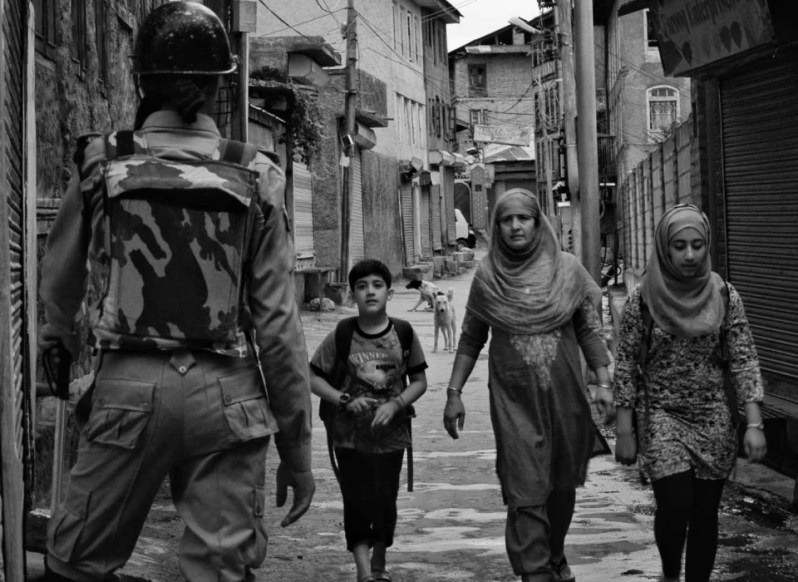
The rebellion against the Indian rule in Kashmir since 1989 has resulted in thousands of deaths among the Kashmiris and a wretched atmosphere that looms over the valley. Being one of the most highly militarised zones in the world, more than half a million troops are stationed permanently in Kashmir to suppress the armed resistance.
Kashmir is a contested area, with India and Pakistan each claiming it in its entirety, but the oppression of Kashmiris has a long history of its own. Kashmir has a lengthy record of imperial oppression that has traversed the formation of Modern India. From being under the regulation of the Mughals to being succeeded by Afghans, Sikhs and the Dogras which were followed by India and Pakistan; Kashmiris have been regulated by various authorities throughout history.
The narrative of discrimination that thousands of Muslim Kashimirs reverberate is exacerbated by the revocation of article 370 of the Indian Constitution. The legislation assured that the Muslim-majority state its constitution and autonomy in all matters excluding international affairs.
Victimised under the politics of power and influence are thousands of Kashmiris whose voices of dissent and demand get crushed as these larger forces take the front seat. The narrative of Kashmir has since been distorted by various authorities to fit into their meta-narrative of conquest and influence, dismissing the lived experiences of thousands of Kashmiris that have been repressed.
https://www.hrw.org/news/2022/05/03/india-media-freedom-under-threat
Accounts of the authorities resorting to brutal forms of oppression including violence, rape, unlawful persecution, fake encounters, and fabrication of facts and data have afflicted the plight of Kashmiris. The long history of imperial rule and attempts to silence them has not dissuaded the Kashmiris from protesting for their rights, the fight for self-determination continues even after hundred years.
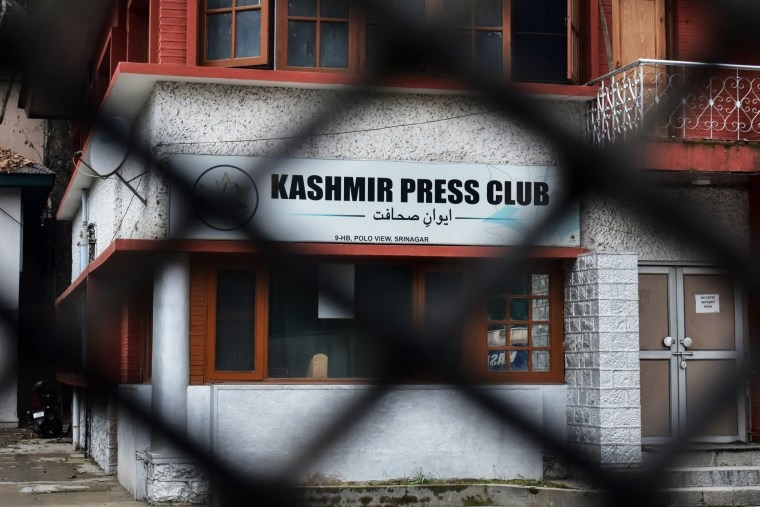
The recent travel ban on Mattoo has led to an international outcry regarding the rising discrimination against Kashmiri journalists and diminishing press freedom in India. Human Rights Watch, the Committee to Protect Journalists and the Press Club of India have criticised the action of stopping Mattoo from travelling outside India. It has also spoken about the differentiated treatment given to journalists from Kashmir.
“This decision is arbitrary and excessive. Indian authorities must immediately cease all forms of harassment and intimidation against journalists covering the situation in Kashmir.”[…]“On the one hand, the Government is making all efforts to integrate Kashmir with the national mainstream, on the other such actions will only act as deterrents and further act in alienating people from Kashmir.”
Beh Lih Yi, CPJ’s Asia program coordinator.
Journalists in Kashmir claim that authorities have aggressively targeted them. It is up to local authorities to determine if news items are “false,” “unethical,” or “anti-national” according to a 53-page media regulation that was published in 2020. Local law enforcement raided and shut the Kashmir Press Club in Srinagar at the beginning of 2020, further jeopardising the press freedom in the region. The thriving crackdowns on news outlets and journalists and the economic reasons have significanlty reduced the number of local reorters, threatening the press freedom furtherore.
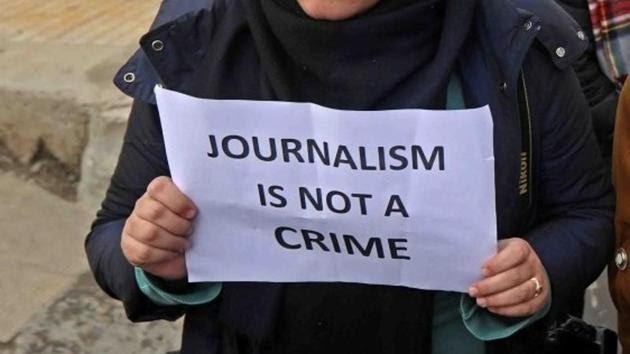
https://www.ohchr.org/en/statements/2022/02/conference-media-freedom-and-human-rights
Additionally, the HRW stated that “at least 35 journalists throughout Kashmir have experienced police questioning, raids, threats, physical abuse, limitations of freedom of movement, or concocted criminal charges for their reporting” since August 2019. Press freedom organisations have denounced the conduct and voiced serious worries over this emerging trend.
According to Reporters Without Borders’ 2022 Press Freedom Index, which comprised 180 nations, India ranked 150, the lowest rank it has attained.
READ MORE
- Delhi’s Air Quality Worsens; Construction, Demolition, Other Activities Banned
- KANYE WEST AND NEWLY EMERGING ANTI-SEMITISM







